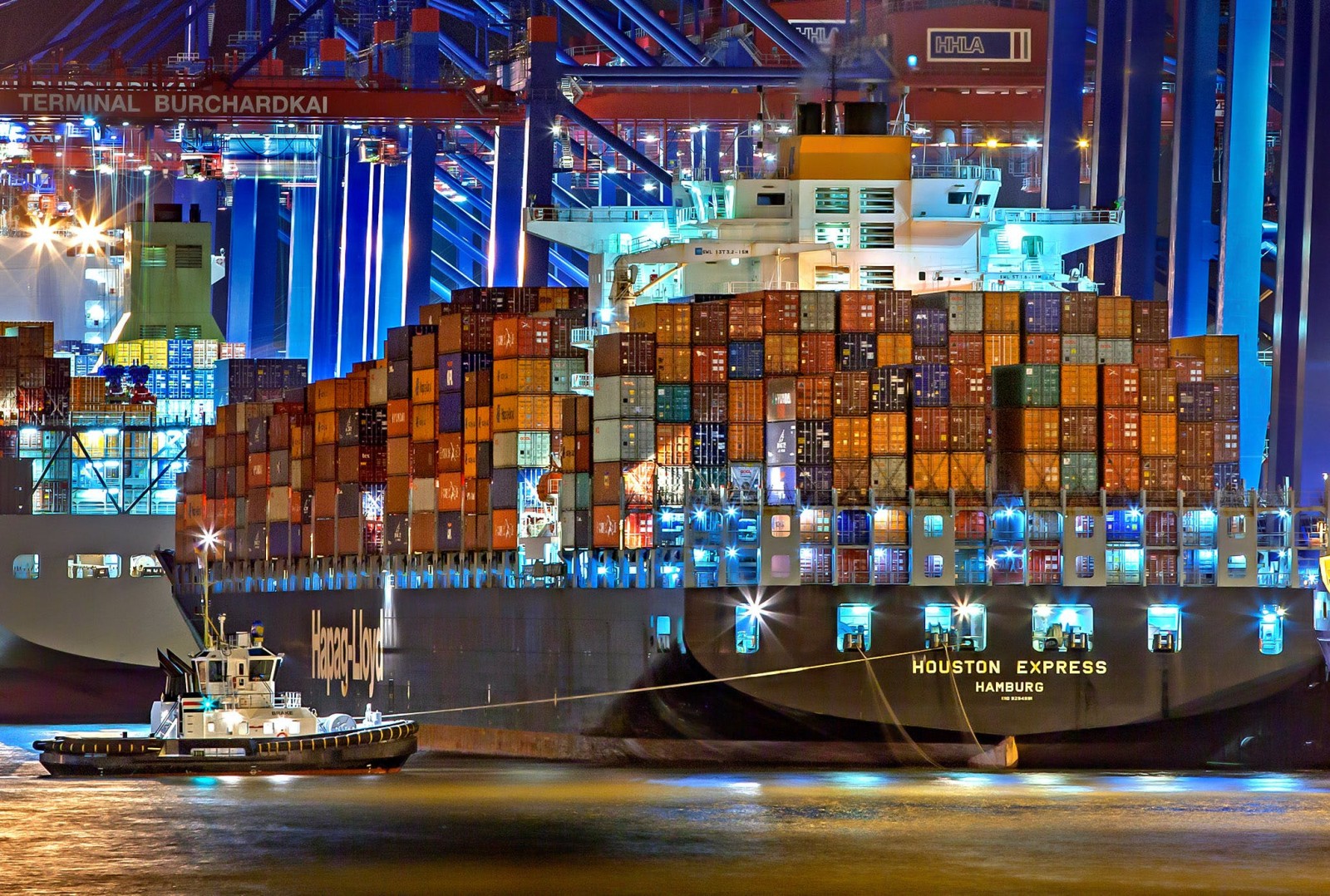Why is it difficult to sell african products to europe.
- 26 Oct, 2023
- 3449 views
Selling African products in Europe can be challenging for several reasons, including historical, economic, and logistical factors. Here are some key factors contributing to this difficulty:
1. Trade Barriers: European markets often have trade barriers and tariffs that can make it more expensive for African products to enter the European market. These trade barriers can include high import duties, strict quality and safety standards, and complex customs procedures.
2. Quality and Standards: European consumers and regulators often have stringent quality and safety standards for products. African producers may struggle to meet these standards due to limited resources and infrastructure, which can hinder their access to European markets.
3. Infrastructure and Logistics: Inadequate infrastructure, inefficient transportation networks, and logistical challenges in Africa can make it difficult for products to be transported to European markets in a cost-effective and timely manner. This can increase the overall cost of African products in Europe.
4. Lack of Market Information: Many African producers may lack access to market information and research on European consumer preferences and trends. This can hinder their ability to tailor their products to European tastes and market demands.
5. Limited Access to Finance: Access to capital and financing can be a significant challenge for African businesses looking to export to Europe. Insufficient capital can limit the ability to scale production, meet quality standards, and invest in marketing and distribution.
6. Competition: African products often face stiff competition from well-established European and global brands. Smaller African businesses may struggle to compete on price, marketing, and distribution.
7. Perceptions and Stereotypes: Some European consumers may have preconceived notions about African products, associating them with lower quality or lower value. Changing these perceptions can be a challenge for African exporters.
8. Political and Economic Stability: Political instability, corruption, and economic volatility in some African countries can create uncertainty and risk for European importers. This can make them hesitant to engage in long-term trade relationships with African partners.
9. Regulatory Hurdles: Navigating the complex regulatory environment in Europe, including compliance with various health, safety, and environmental regulations, can be challenging for African exporters.
10. Access to Distribution Networks: Establishing and maintaining effective distribution channels in European markets can be difficult, as African producers may lack the necessary connections and resources to do so.
Despite these challenges, there are efforts at both the African and European levels to promote trade and economic cooperation. Initiatives like the African Continental Free Trade Area (AfCFTA) aim to facilitate intra-African trade and create a larger and more integrated market for African products. Additionally, some European governments and organizations provide support and assistance to African businesses looking to export to European markets. Overcoming these challenges often requires collaboration, investment, and long-term strategies to build sustainable trade relationships between Africa and Europe.
- Category:
- Economy
- Writer:
- Clevenard
- No comments



